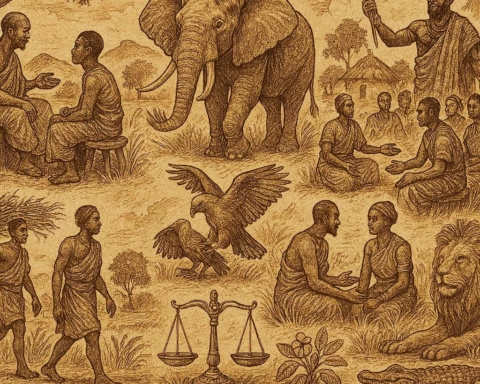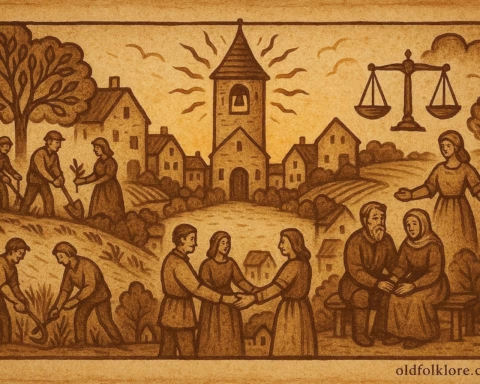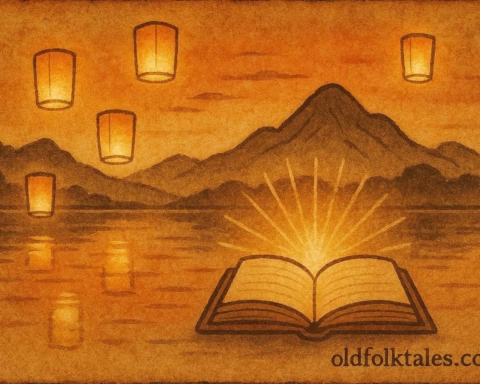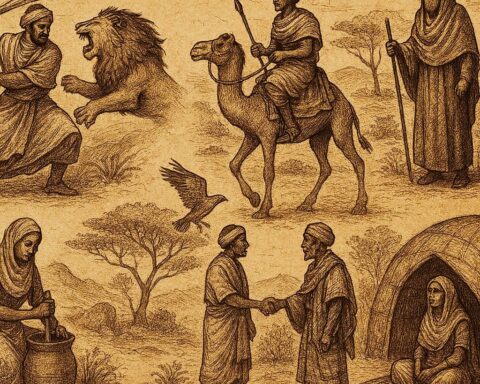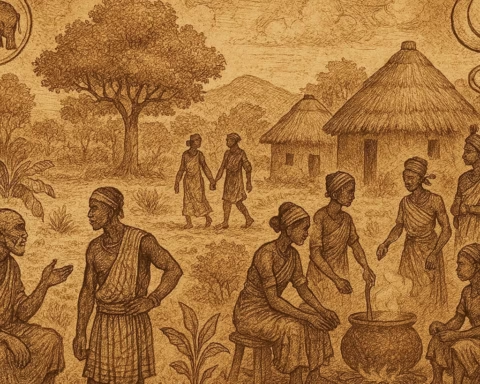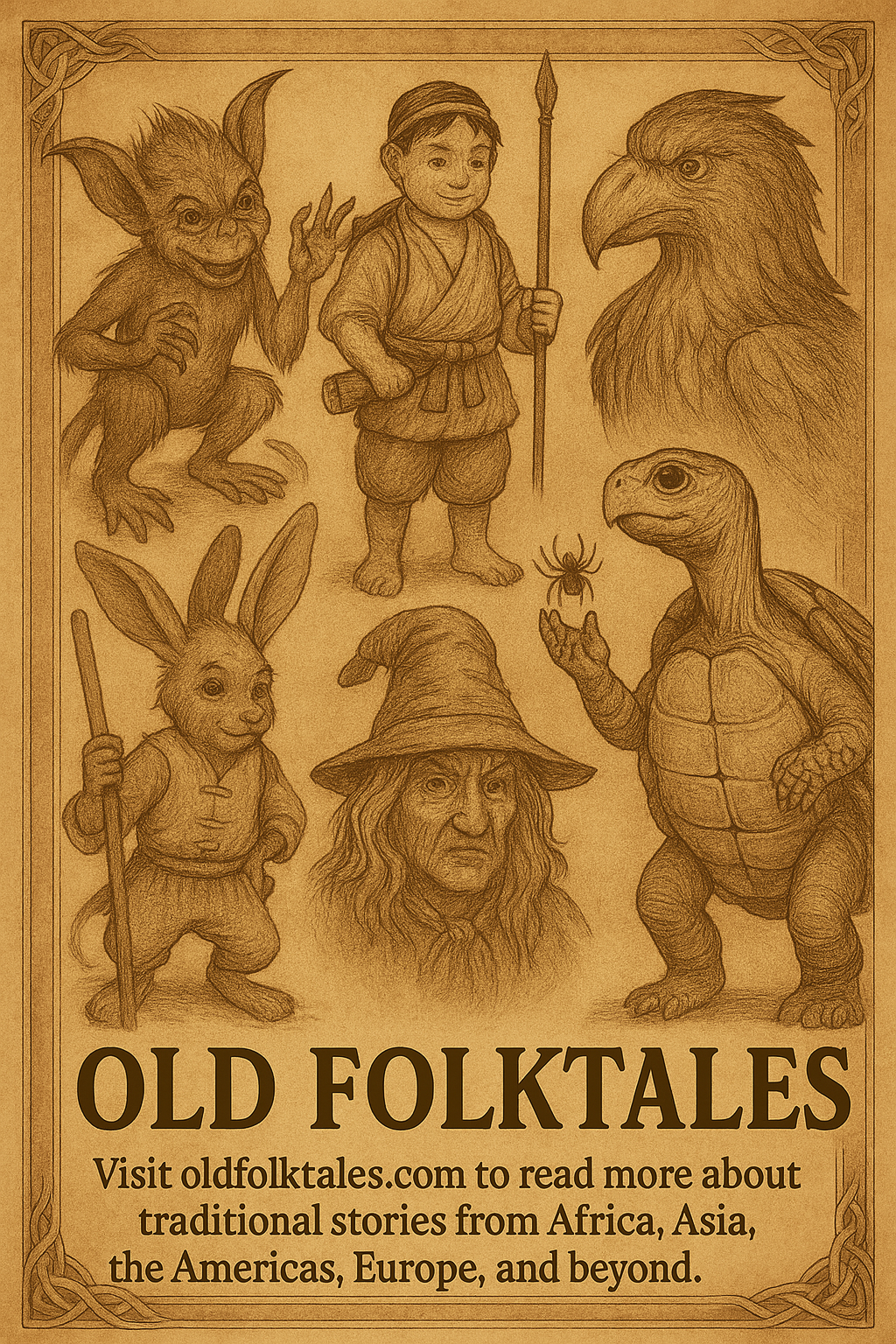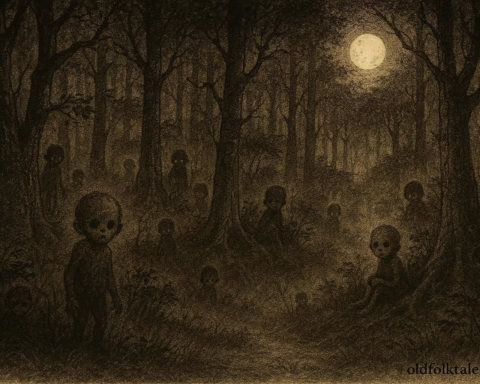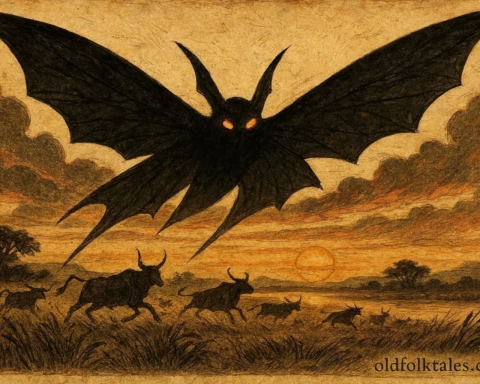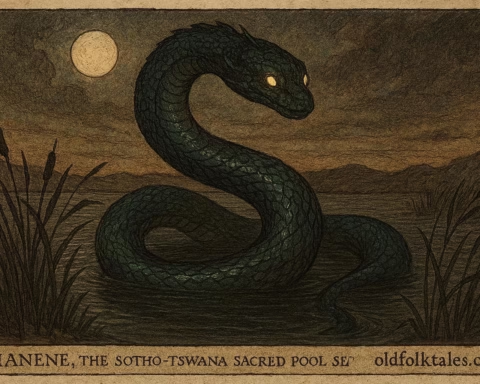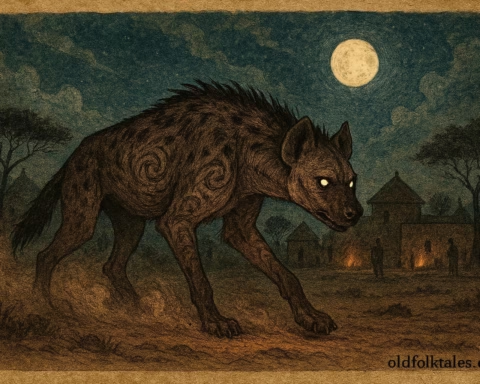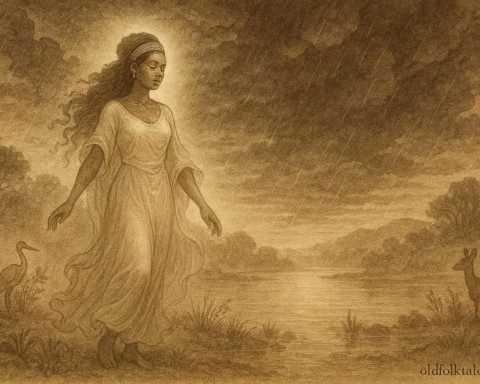The Arctic is a land that tests the spirit. Winter stretches for months, the sun vanishes, and the cold can turn steel brittle. In this world, the Inuit people learned to survive not only through skill and resourcefulness, but through a mindset passed down in uqausiit, proverbs that taught how to endure, adapt, and live with respect for the forces of nature. These sayings were not idle poetry; they were carved into memory like the lines on a sealskin drum, meant to guide hunters, families, and entire communities through storms both physical and spiritual.
Below are seven traditional Inuit proverbs that speak to survival and resilience, lessons as vital today as they were when sled dogs first ran across the frozen tundra.
“Only when the ice breaks will you truly know who is your friend.”
In the Arctic, trust was not a light matter. When a sled fell through thin ice or a hunter was caught in a snow squall, you learned quickly who would risk themselves to save you. This proverb reminds us that adversity strips away false companionship, revealing who stands with you when it matters most. Survival is not a solo feat, it is woven from bonds of loyalty and shared hardship.
“Don’t let the seal go and chase the whale.”
This is a hunter’s warning against greed and overreach. A seal in the hand meant food for the family; abandoning it for the slim chance of a whale could mean returning empty-handed. The saying urges us to value what we have and not gamble away certainty for unlikely gain. In modern life, it speaks to focusing on achievable goals rather than chasing illusions.
“Even the smallest snowflake leaves a mark.”
Snow is soft, but enough of it can bury mountains. This proverb carries a quiet lesson: every small action matters, and persistence transforms the world. For the Inuit, it was a reminder that a day’s small preparations, a snare set, a stitch sewn, could mean life when the blizzard came. For us, it’s a call to consistency in work, relationships, and personal growth.
“The polar bear does not sleep when the seal is near.”
To survive in the Arctic, one must be alert to opportunity. The polar bear wastes no chance to feed, and neither should a hunter or traveler ignore the moment to act. This saying encourages readiness: to sharpen tools before they’re needed, to keep watch when others grow complacent, and to seize the moment when it appears.
“Wisdom is like the sun, it will shine on you if you let it.”
In a land where the sun disappears for months, its return is deeply felt. This proverb uses that yearning as a metaphor: knowledge is available to all, but only benefits those willing to open themselves to it. Elders shared this saying to remind the young that arrogance blinds, while humility lets wisdom in. Survival depended on learning from those who had already braved the ice and storms.
“When the winter is long, the fire must be kept alive together.”
No one endures the Arctic alone. This saying teaches the necessity of cooperation, sharing food, warmth, and labor to keep the community alive. The fire here is both literal and symbolic: it is the shared spirit that keeps people hopeful when the cold gnaws at body and mind. It reminds us that resilience is a collective act.
“Patience is the hunter’s greatest weapon.”
A hunter could wait hours at a seal’s breathing hole in the ice. Impatience wasted energy, scared away prey, and risked lives. This proverb teaches that in survival, as in life, haste often brings loss. Endurance, calm observation, and the discipline to wait for the right moment are what turn effort into success.
These proverbs arose from generations who lived in harmony with one of the harshest environments on Earth. They knew that resilience was not just about physical strength but about mental discipline, humility, and the understanding that survival was a shared journey.
Today, as we face our own “storms”, whether economic, environmental, or personal, the wisdom of the Inuit remains strikingly relevant. Trust is tested in crisis. Greed can strip us of what we already hold. Small, consistent actions build strength. Opportunity rewards those who prepare. Wisdom favors the humble. Community keeps the fire alive. Patience often wins the day.
These are not lessons frozen in time; they are living truths, as necessary in a modern city as on the open ice.
Knowledge Check
1. What does the Inuit proverb “Only when the ice breaks will you truly know who is your friend” mean?
It means that true friendship is revealed during times of hardship or crisis.
2. How does “Don’t let the seal go and chase the whale” apply today?
It warns against abandoning a sure opportunity for an unlikely or risky one.
3. What lesson does “Even the smallest snowflake leaves a mark” teach?
That small, consistent actions can create significant change over time.
4. Why is “The polar bear does not sleep when the seal is near” important?
It teaches the value of staying alert and seizing opportunities when they arise.
5. How does “When the winter is long, the fire must be kept alive together” relate to resilience?
It shows that survival often depends on cooperation and shared effort.
6. What is the moral of “Patience is the hunter’s greatest weapon”?
That patience, discipline, and timing are often more valuable than speed or force.
Cultural Origin: These sayings come from the Inuit peoples of the Arctic regions of Alaska, Canada, and Greenland. Traditionally passed down through oral storytelling, they served as both moral teachings and practical survival guides. Each proverb reflects centuries of adaptation to the polar climate, where success meant respecting nature, valuing community, and cultivating mental endurance.

